
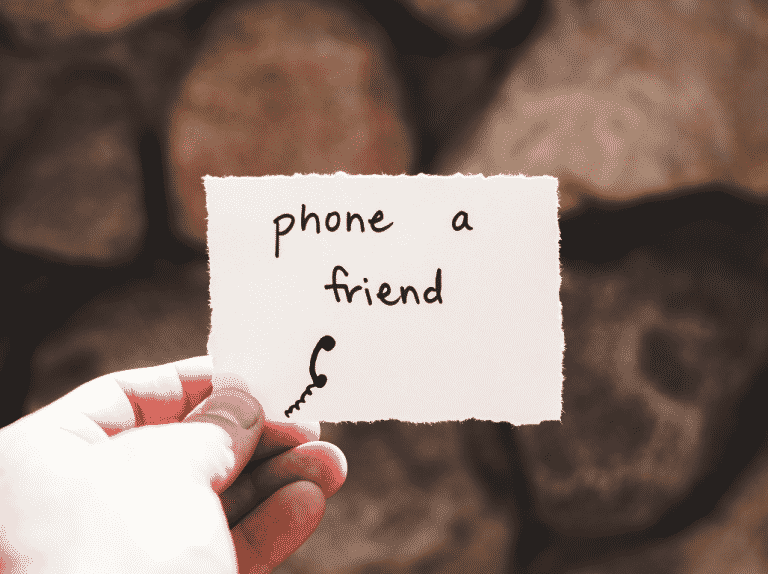
Myths about addiction continue to make recovery difficult. The names have changed, for one thing. You may not even know what you have when your diagnosis is OUD. It’s Opioid Use Disorder. But it’s still addiction. The tragic fact is that in America addiction is like having Covid every single year without the solutions and support to end it. So what is addiction and why can’t we make recovery work for everyone?
The summer of 2023 marks my 15th year in sobriety. I took a chip at an AA meeting purely as a journalist researching how it feels to be a sober in a drinking world. Out of my comfort zone, after years of terror and ineffective parenting during my children’s high school and college years of substance and alcohol use, I just wanted to understand. I took the chip and jumped into the uncertain sea of rediscovery. Thus begins the hero’s journey of recovery for literally millions of people.
All of Disney, in fact all of fiction, is the hero’s journey in one form or another, so my college professor, Joseph Campbell taught me a lifetime ago. How is recovery like a hero’s journey? Well, for one thing, you have to leave what you love and enter a dangerous place where frightening challenges await. Will you ever get out, and who will you be if you emerge alive?
Believe me, no one wants to take that chip. It may even feel at first as if sobriety going to be a perpetual walk of shame because you can’t drink, drug, and party like other people. You abandon the life you knew and go straight to a new circle of Dante’s hell. Let’s get this straight. Not everybody has the imagination and drive to recover from addiction. The hero’s journey of change requires hope, resilience, imaginative work, and the support of a lot of people. I would swear that the hero’s journey of Frozen 2 is directly based on addiction recovery. But I digress.
Addiction was the number 1 health issue in America before Covid and will still be proliferating long after Covid becomes history. Does that surprise you? This is how many people died from addiction two years ago: 545,000 people. The number will be higher for last year. Imagine the number of mourners for those unheralded lost loved ones, but addiction costs are financial, too.
Addiction costs the nation more than $740 billion annually in crime, increased healthcare costs and lost productivity. That’s economics. We have agencies to measure economics. We have agencies to measure death rates, but the causes of death related to addiction are put into different buckets, so we never really see the full picture of all the ways addiction impacts our physical and mental health. It’s confusing. In fact, alcohol, tobacco and drug overdoses, called “preventable deaths” account for some 545,000 deaths annually. That’s like having a Covid disaster every single year. Some 120 million Americans are directly impacted by these losses, probably all of us.
While addiction is extremely complicated in some ways, there are very positive aspects to it as a disease. It is preventable, and it is manageable.
There are many things everyone should know about recovery, but I’m just going to talk about family and magic.
Recovery is hard at first and fun after a while. In our family we have honest and pleasant communications. We are grateful every day. Kindness comes naturally; love and tolerance have returned.
Addiction Recovery: How Long Does It Really Take?
Tips For Dog Owners In Recovery
9 Tips To Rebuild Trust in Addiction Recovery
How To Make Your Business Recovery Friendly
There Are 7 Stages of Opioid Recovery
Dos and Don’ts To Achieve Longterm Recovery


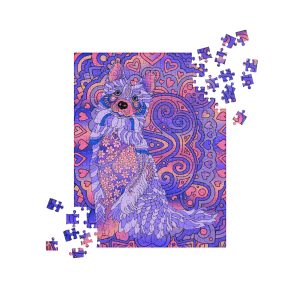
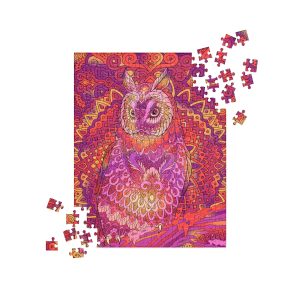
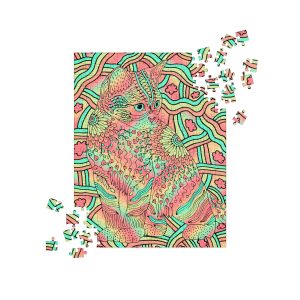
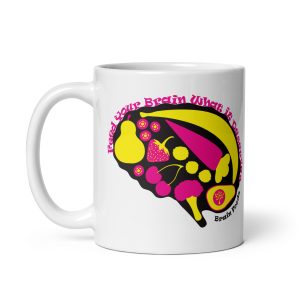

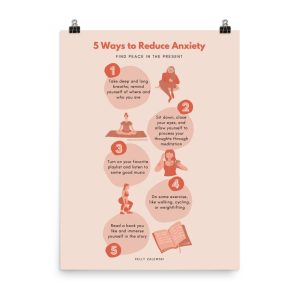
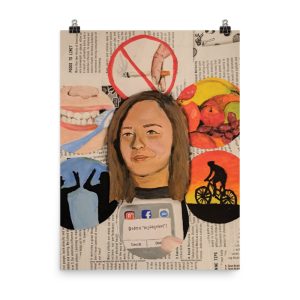
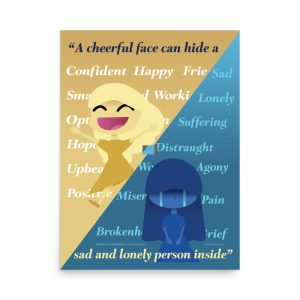
Copyright © 2023 Reach Out Recovery Services LLC | Terms and Conitions |. Site by Quadshot Digital